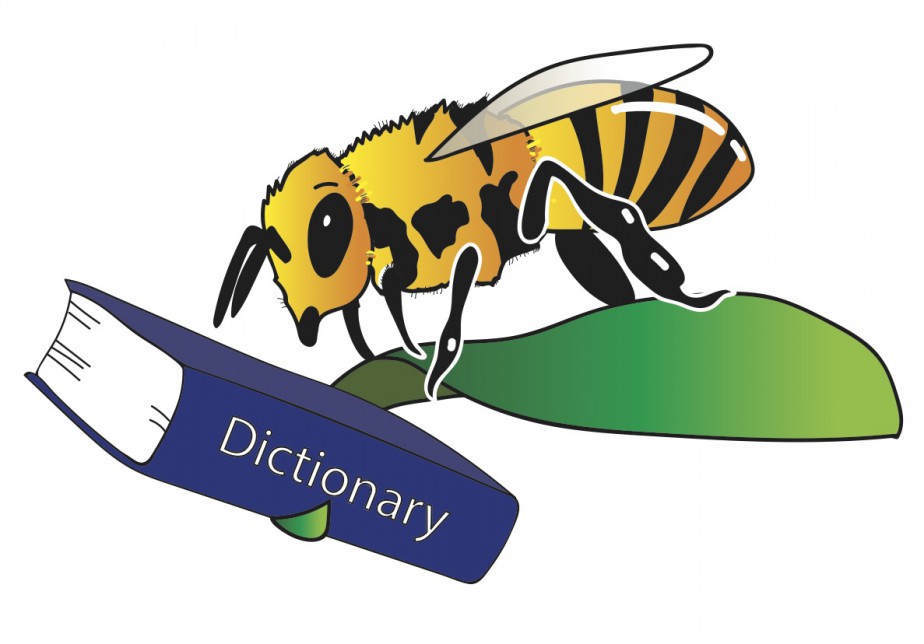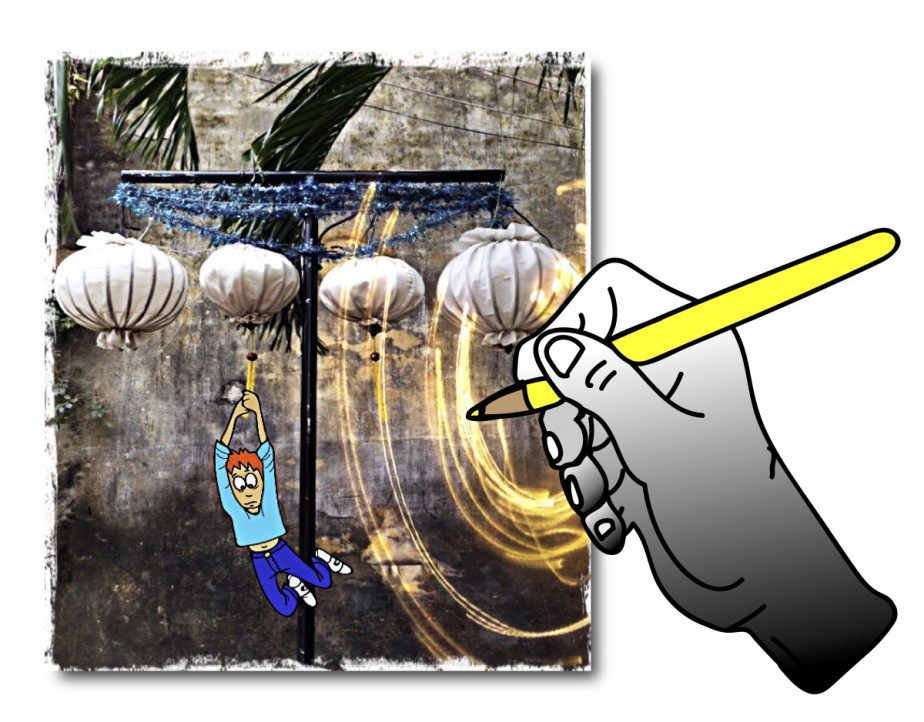Supporting communicators to become spellers. The act of communicating is a complex process of developing, sharing and receiving ideas. It takes many forms and is embedded in a multitude of spaces and serves various agendas. Being a communicator involves developing the skills, knowledge and understanding of the how, what and why of the different forms of communication. It involves developing … Read More
I ASK U – A model for learners to become active and resilient members of a learning community
I was watching an ad for a program on Australian TV that was showcasing young students and their proficiency as spellers. I found myself a bit distracted by the concept and found myself asking the question “so what?” This question wasn’t prompted by a disparagement of the young spellers and their significant spelling skills or a disparagement of the parents … Read More
Creating collaborative learning communities with students as co-researchers.
As a new school year dawns in the international schools system and Northern Hemisphere schools, many teachers start to muse on questions and ideas about establishing class rules, essential agreements or other forms of agreement with students. There are buzzwords everywhere and an abundance of resources to help create ‘guidelines for cooperation and responsibility’. One approach is to see the … Read More
Welcome to BeConWiz
Welcome all visitors to the opening night of BeConWiz. It’s four o’clock, a Friday and who would have guessed a BLUE MOON. Tonight’s opening gig is a testament to 12 months of massive workloads, constant re-positioning, negotiating ideas across countries and inquiry based learning about how to turn our ideas into the reality of a very new business. Remembering other … Read More
Isn’t normal the cycle on a washing machine?
“Isn’t normal the cycle on a washing machine?” There is ever increasing attention being paid to the way so called “Introverts” prefer to work and play. This is in part a response to the prevalence of material in cultural, corporate and school spaces that reify the notion of the team, the group, bonding relationships and interactions connected to the … Read More




